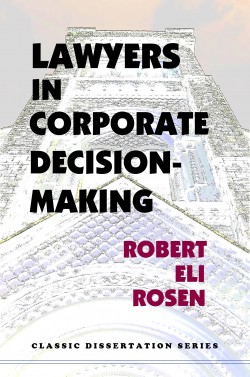 Peter Shane has a great question for GOP House members written as they prepared to read the Constitution aloud at the opening session of the new Congress (a stunt I’m entirely for, by the way — the Constitution should be read aloud much more often, I say).
Peter Shane has a great question for GOP House members written as they prepared to read the Constitution aloud at the opening session of the new Congress (a stunt I’m entirely for, by the way — the Constitution should be read aloud much more often, I say).
Peter argues, I think correctly, that the Incompatibility Clause of the Constitution (Section 6, Paragraph 2, of Article I: “no Person holding any Office under the United States, shall be a Member of either House during his Continuance in Office.”) means that Congresspersons cannot be serving officers or members of the Reserves. He applies this to Rep. Allen West, who is a retired Lt. Colonel. If Rep. West in the Retired Reserves, then I guess Peter is right; but if he’s not, then the fact that by statute Rep. West might theoretically be recalled to active duty due to his former service cannot be held against him.
Incidentally, as regards the Incompatibility Clause and the Reserves, I think the policy issues are quite mixed at best. On the one hand, there is a real possibility for exactly the sort of manipulation that the Clause is designed to prevent — sweetheart assignments, promotions (and thus pay increases) to Congresspersons by an administration seeking to curry favor with them. On the other hand, there’s surely a benefit to having Members of Congress subject to the same obligations as the Reservists whose lives their decisions effect in so many ways, plus the value of rubbing shoulders with an important constituency. Whatever my policy preferences, however, the Constitutional text looks absolute to me.
Note, incidentally, that I think there wouldn’t be a problem with a Member of Congress being an NCO in the Reserve as I do not think that NCOs are “Officers” in the Constitutional sense, and in any case the level of cushiness is in most cases not going to be as great as for commissioned officers.
 I’m moving to a new and faster and (slightly) more expensive server. Or at least I’m trying to. Things might get odd for a bit until the dust settles…..
I’m moving to a new and faster and (slightly) more expensive server. Or at least I’m trying to. Things might get odd for a bit until the dust settles…..


